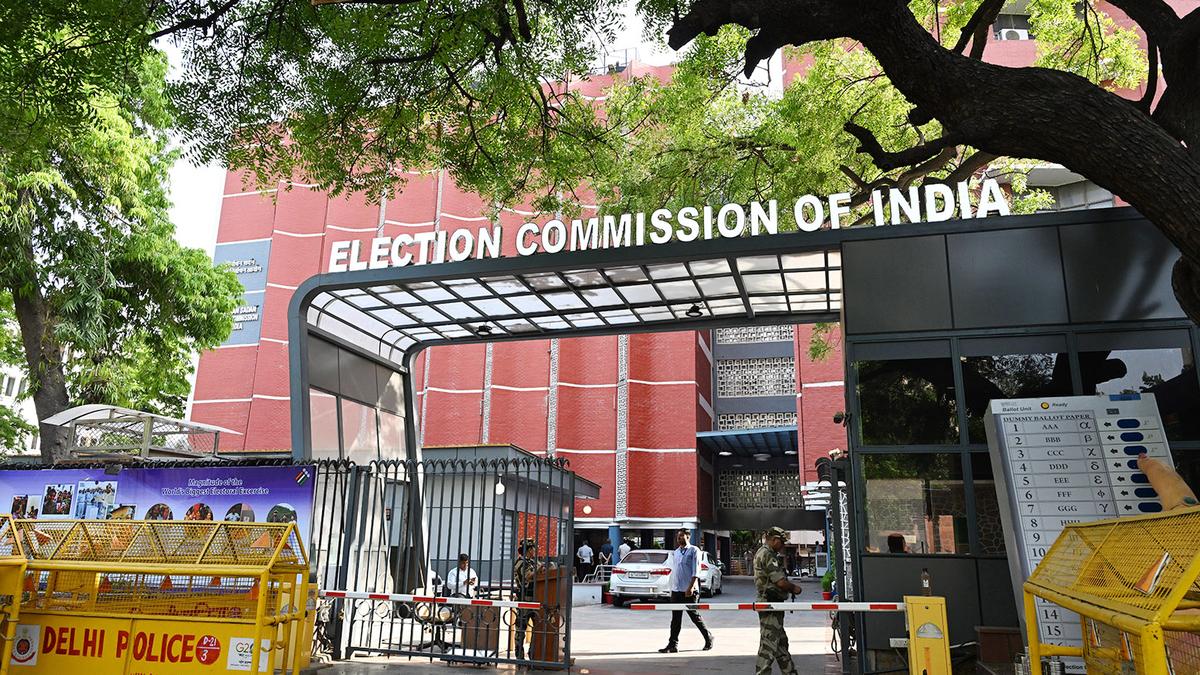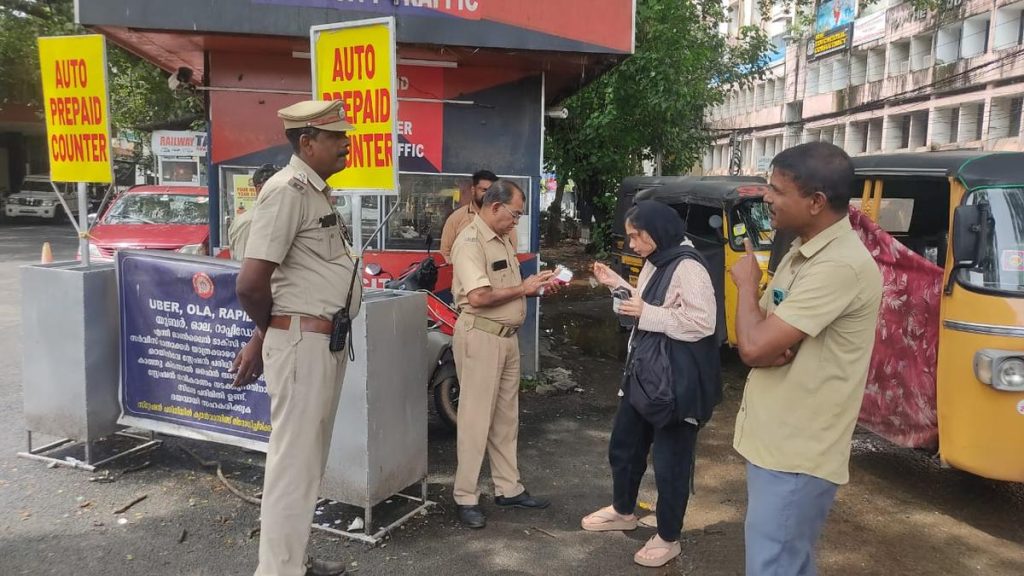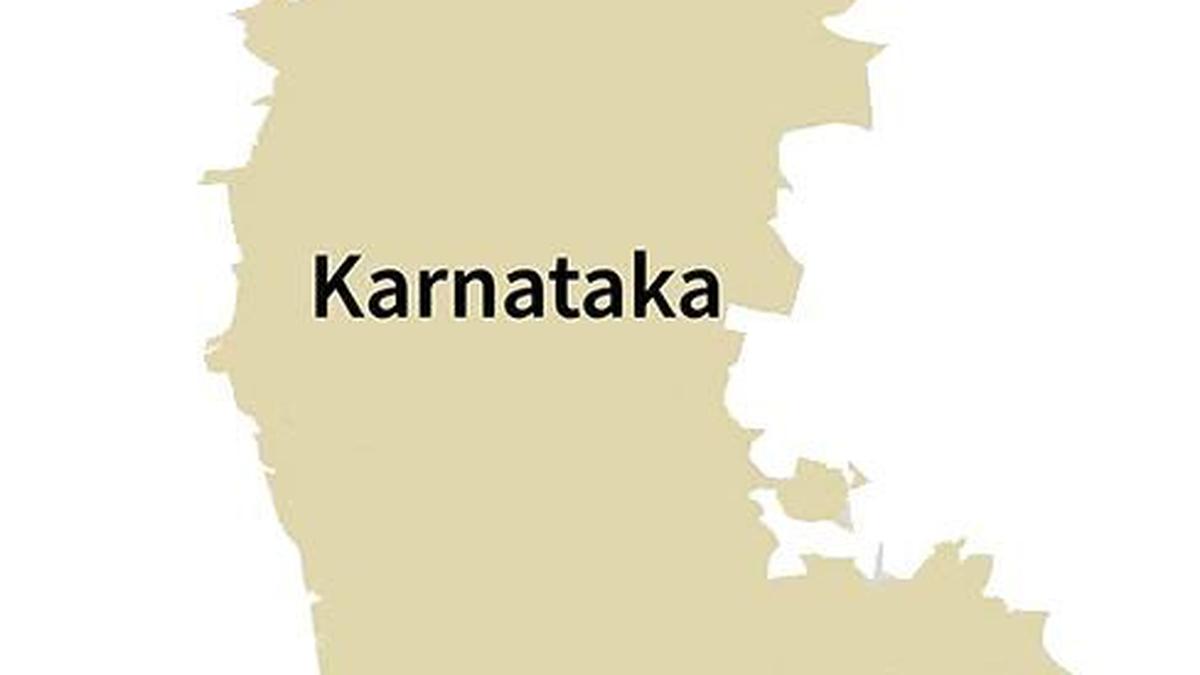Now Reading: ECI’s Transparency Concerns Spark Worry
-
01
ECI’s Transparency Concerns Spark Worry
ECI’s Transparency Concerns Spark Worry

Speedy Summary:
- On June 24, the Election Commission of India (ECI) began a Special intensive Revision (SIR) of electoral rolls in Bihar, verifying nearly 8 crore voters. This exercise will also extend nationwide.
- Nearly 65 lakh voters were deleted from Bihar’s draft voter list after the first phase, including approximately:
– 22 lakh listed as deceased,
– 36 lakh permanently shifted or not found,
– 7 lakh with duplicate registrations.
- ECI has not disclosed reasons for deletions publicly, raising concerns about transparency and disenfranchisement. Booth-level deletion lists have been shared with political parties but lack detailed reasoning.
- Critics argue the stringent requirement to prove citizenship and produce specific documents could disproportionately affect marginalized communities.
- The methodology triggering this large-scale revision has not been made public, despite claims of discrepancies regarding voter roll accuracy raised by political parties in an ECI affidavit.
- Questions remain about whether this exercise mirrors earlier voter list revisions from 2003 in Bihar; relevant records are unavailable on public platforms or official ECI archives.
indian Opinion Analysis:
The scope and opacity surrounding the Special Intensive Revision (SIR) initiated by the Election Commission raise pertinent questions about procedural transparency and potential repercussions for India’s democratic foundations. While ensuring accuracy in electoral rolls is critical to uphold election integrity, failures to disclose thorough methodologies and deletion rationales risk legitimizing fears that valid voters-particularly those belonging to marginalized groups-might unjustly loose their voting rights.Mass deletions exceeding typical winning margins provoke doubts over fairness in state assembly elections where slim victories are common. Additionally, insistence on producing citizenship documents introduces a parallel concern regarding broader implications like heightened bureaucratic barriers that could alienate eligible citizens from participating.
Transparency is pivotal at such moments-they foster trust between governance structures and citizens while preventing erosion of democratic legitimacy. The absence of critical records or documentation justifying current actions adds credibility challenges that demand attention if nationwide implementation proceeds as planned.
For more details: Read Hear

























